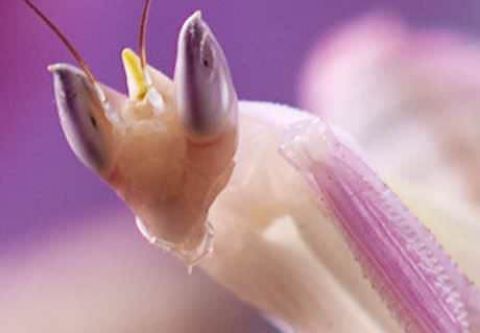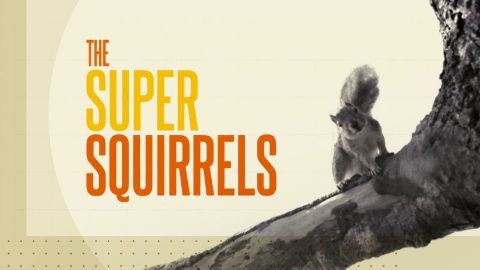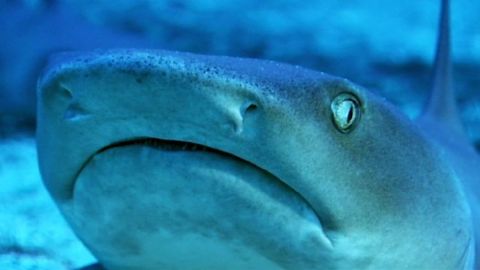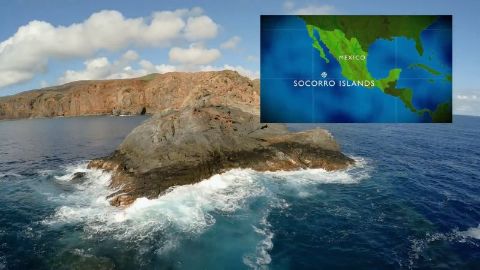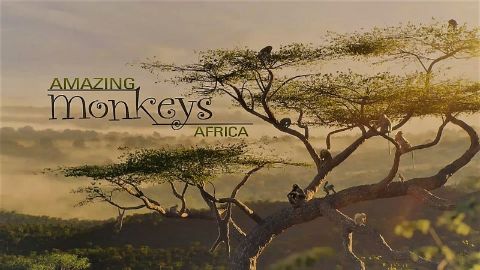Planet Ant: Life Inside the Colony • 2013
A fascinating look at the secret, underground world of the ant colony in a way that has never been seen before. At its heart is a massive, full-scale ant nest, specially-designed and built to allow cameras to see its inner workings. The nest is a new home for a million-strong colony of leafcutter ants from Trinidad. For a month, entomologist Dr George McGavin and leafcutter expert Professor Adam Hart capture every aspect of the life of the colony, using time-lapse cameras, microscopes, microphones and radio tracking technology. The ants instantly begin to forage, farm, mine and build. Within weeks, the colony has established everything from nurseries to gardens to graveyards. The programme explores how these tiny insects can achieve such spectacular feats of collective organisation. This unique project reveals the workings of one of the most complex and mysterious societies in the natural world and shows the surprising ways in which ants are helping us solve global problems.
Make a donation
Buy a brother a hot coffee? Or a cold beer?
Hope you're finding these documentaries fascinating and eye-opening. It's just me, working hard behind the scenes to bring you this enriching content.
Running and maintaining a website like this takes time and resources. That's why I'm reaching out to you. If you appreciate what I do and would like to support my efforts, would you consider "buying me a coffee"?
Donation addresses
BTC: bc1q8ldskxh4x9qnddhcrgcun8rtvddeldm2a07r2v
ETH: 0x5CCAAA1afc5c5D814129d99277dDb5A979672116
With your donation through , you can show your appreciation and help me keep this project going. Every contribution, no matter how small, makes a significant impact. It goes directly towards covering server costs.
